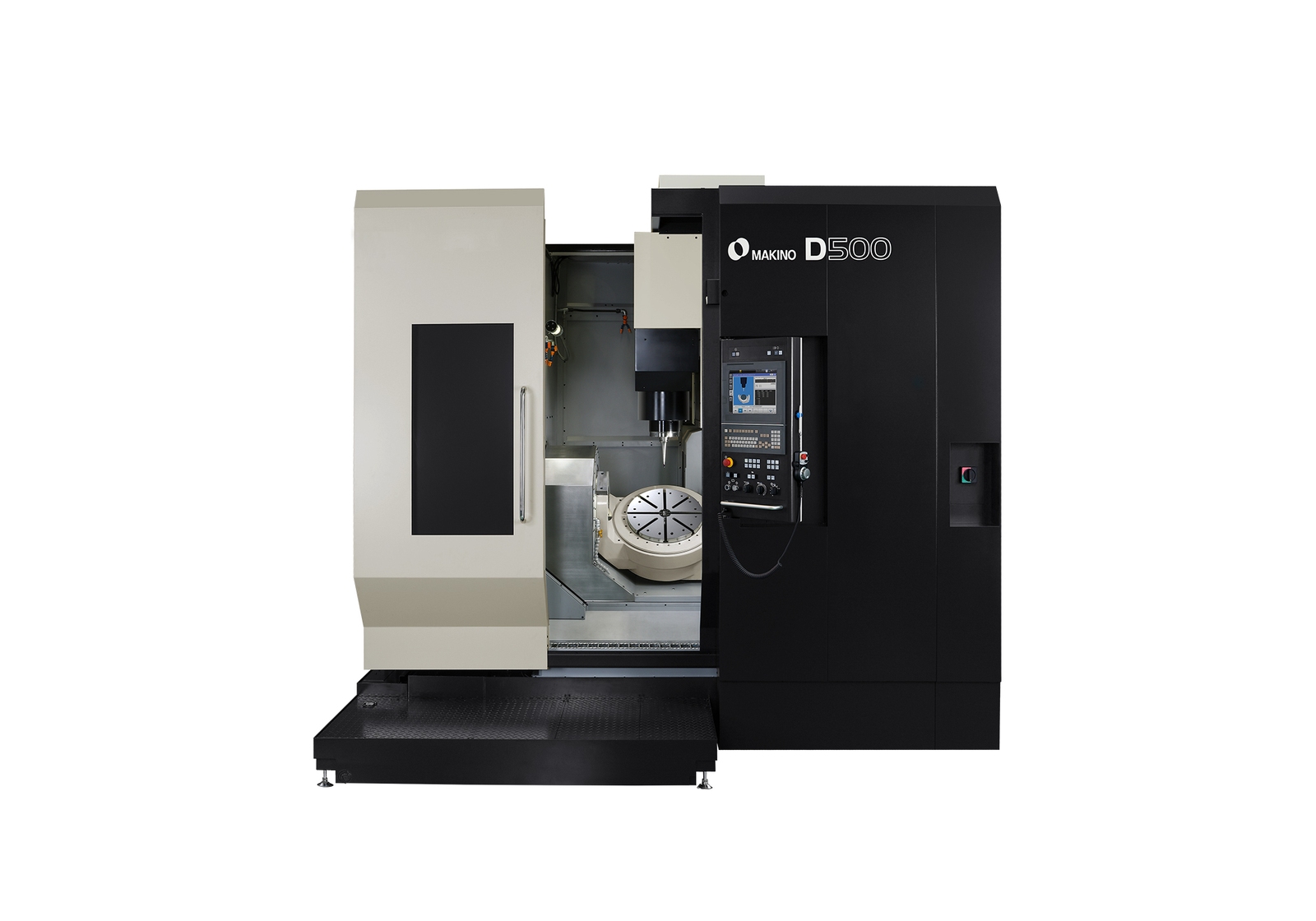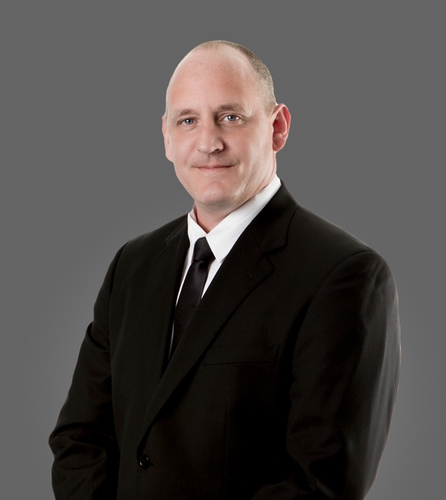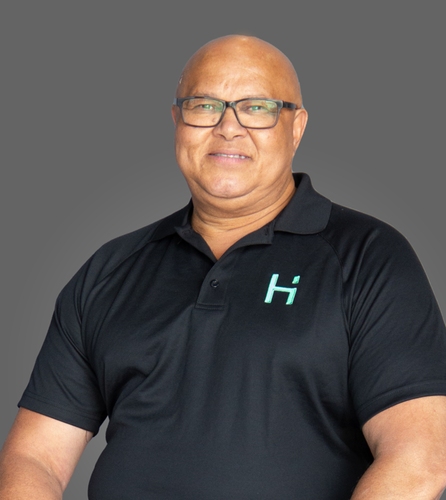KraussMaffei boosts Mexico’s agricultural industry with sustainable logistics solutions in packaging
Discover how KraussMaffei helped transform eco-friendly packaging in Mexico’s logistics sector—read the full case study now.
Welcome to Headland Technology Client log in
Whether you’re after a machine, spare part, power tool, or need to book a service call Headland will help you find the right solution in a timely manner.
Fill out the form below and the relevant expert will be in touch with you shortly.
Running 5-axis CNC machining centres to produce injection mould tools is not new to New Zealand tool making company, Adept. It has been using other such machines for the past 5 years, but when the opportunity to acquire a new machining centre arose, the company chose the Makino D500, supplied and serviced by Headland Machinery, Australia.
Adept tooling manager Jason Yalden says having had a 3-axis Makino for more than 10 years, the brand was an obvious choice as they share many of the same values as Adept. “Makino is a well-respected machine tool builder in Japan. It is well known for high-end machine tools that produce superior accuracy and surface finish, which is critical for modern day tool making,” Mr Yalden says.
“Purchasing machines like these is a huge commitment not only financially but also in terms of the future learning and the staff that run them day to day. Purchasing the machine is the easy part, ensuring you have a great CAM package and the right people to program and run the machine are much harder.”
Over the last 5 years, Adept has progressed from tilt plane machining to 5-axis simultaneous machining, using the 5 axis capabilities to create everything from waterways to sub-gates to undercut features requiring full simultaneous movements. In the early years of 5-axis machining, it used tilt plane cutting to machine the majority of its tooling components.
But Mr Yalden says programming software and machine accuracy “has reached the point where you can use the full capability of the simultaneous movement to ensure you are cutting on the ideal portion of the cutter at all times”.
For many years Adept has been machining most cavity inserts and bolsters in the full hard state. What this means is it saves time and cost by missing out the pre-roughing portion of hard material machining.
“Having quality machine tools like Makino is critical when machining hard materials to ensure the best possible surface finish and accuracy,” Mr Yalden says.

At Adept the mind-set is a little different to many other tool rooms in New Zealand. All code creation (CNC programming) is done offline by full time programmers that live and breathe CNC programming. All code is posted and checked before being sent out to the machines to be run by dedicated CNC operators. This enables trouble-free, lights-out machining, with sound piece of mind that come morning the manufactured parts will be correct.
“Providing your programmers have had solid machine operation experience having dedicated people for each task is in our opinion the best solution,” Mr Yalden explains. “Having the machine stopped while you create code is just not an option these days. Even if you are programming while the machine is running you can’t be truly focused on producing quality cutter paths while standing in a workshop environment.”
The main strategy at Adept has always been to think ahead, play the long game and make sure the company has the latest technology available.
“Tool making is becoming more and more technology dependent so having up-to-date and super-accurate machines is critical. Adept is always looking for ways to automate tool making procedures with things like multi-component setups, tool changing spark eroding and common datum setups. The driving force behind this automation is the need to have parts come off the machines complete and correct when toolmakers arrive in the morning,” Mr Yalden says.

One of Adepts latest software additions is a program called Smart Checker. This is a package supplied by Makino that is run on the machine prior to the job being removed. It enables components to be validated and measurement reports published before the parts arrive on the bench for assembly.
Mr Yalden explains: “No matter how complex the feature or surface we can be sure of its accuracy. Customers expect to be able to order replacement parts for tooling and have confidence that it will just slide into place. Without this type of upfront validation, creating these types of spare parts would be difficult and costly. In the past you would need to get the tool back to fit and test the new component.”
This ‘validation mind-set’ extends to more basic components which are measured on a conventional CMM machine, which also has CAD model import and comparison software.
In more recent times Adept has been manufacturing tooling for export, making validation necessary for supplying such spares for tools off shore.

As well as their strong technology strategy, Adept goes to great lengths to ensure they retain talented staff. One of the company’s real strengths is a great team environment that views design, tooling and manufacturing as one complete service offering.
Adept has a wealth of moulding knowledge to draw upon when it comes to designing and building tooling. As the product development and manufacturing facility sits right across the car park from the moulding plant, which has some 24 moulding machines, trialling and validating manufactured tools happen as part of the process.
“The real advantage to the customer is that the entire process is taken cared of from start to finish without the need to engage several different subcontractors. This has in the past been a real problem for those companies with extremely tight market driven lead times,” Mr Yalden explains.
“Having all been part of the build and manufacturing process that requires up to 4 different sub –contractors, we can see the real benefits of working with one company that takes care of everything in one location. When dealing with our product designers you know they have a solid understand of the tooling and moulding process. If they don’t have the immediate answer a quick meeting can be called within minutes rather than waiting for replies from external parties”.
Whether you’re after a machine, spare part, power tool, or need to book a service call Headland will help you find the right solution in a timely manner.
Fill out the form below and the relevant expert will be in touch with you shortly.


